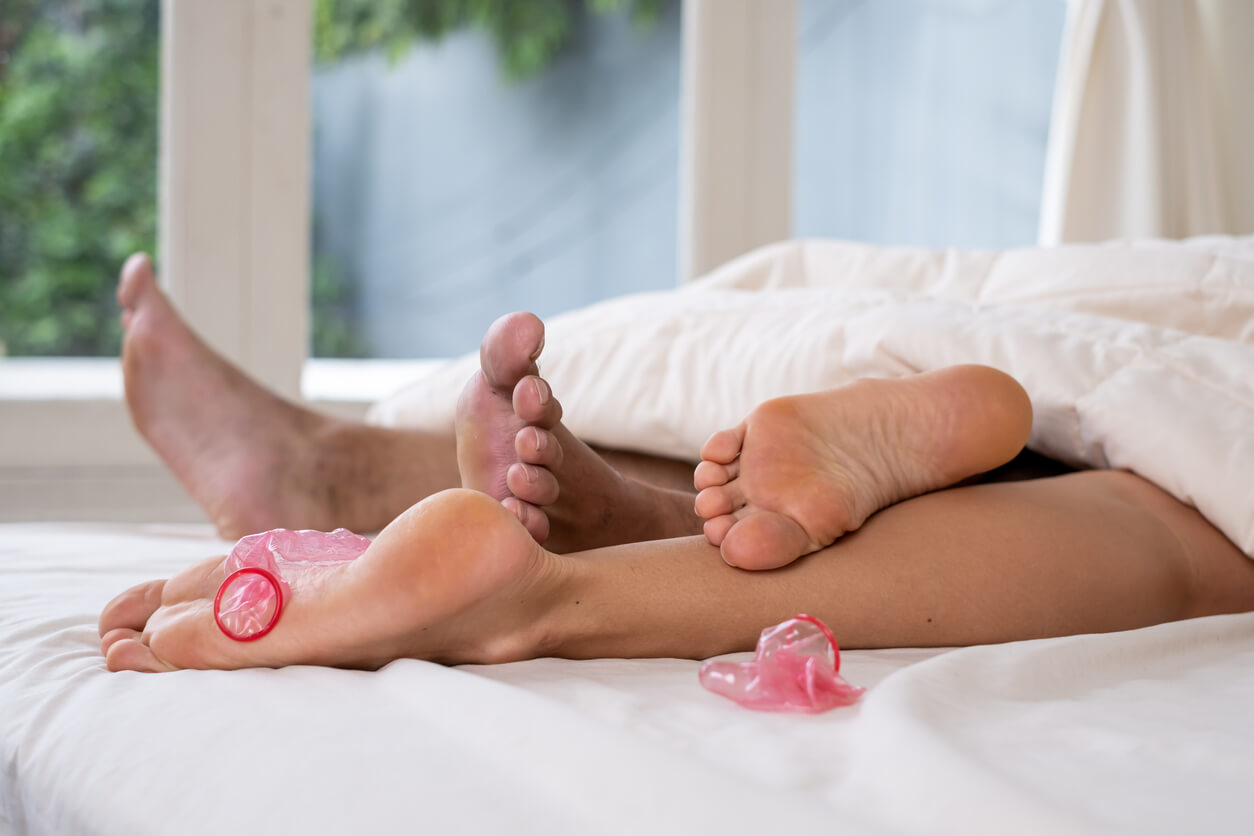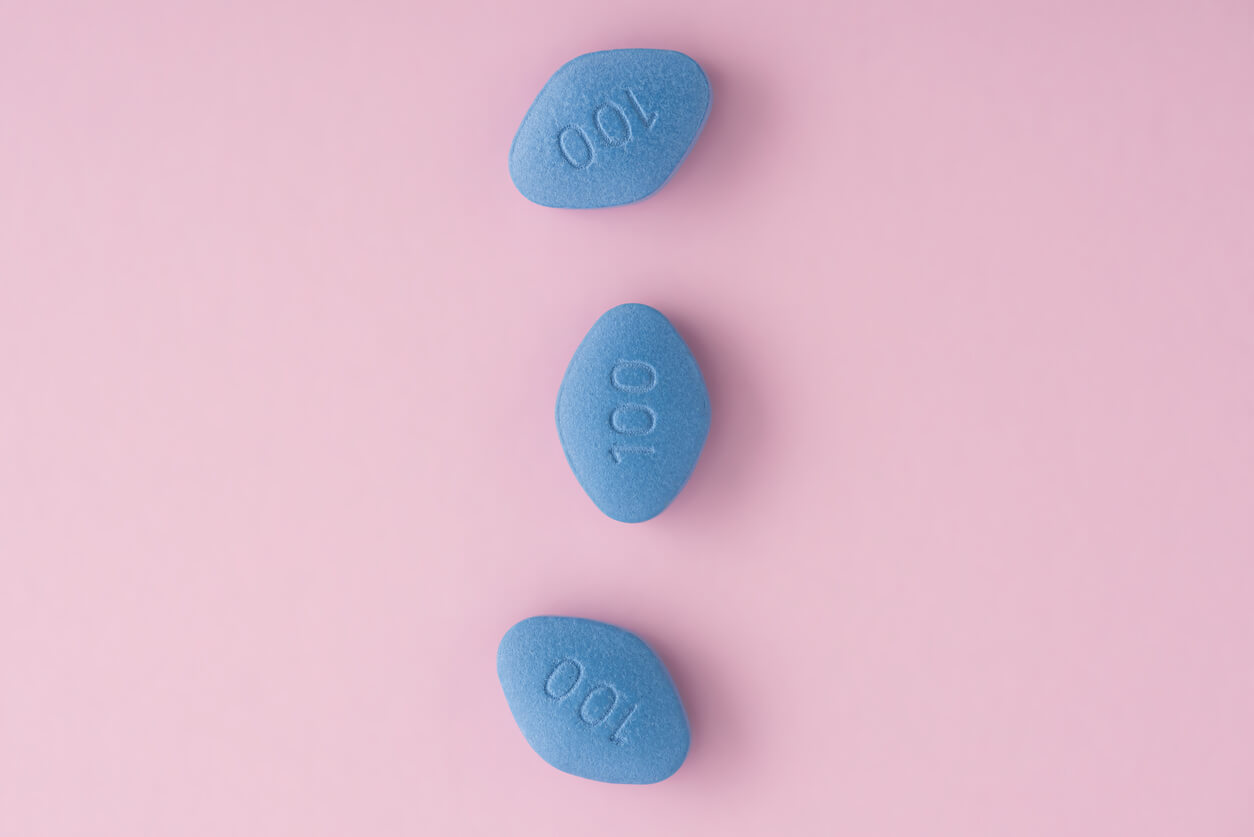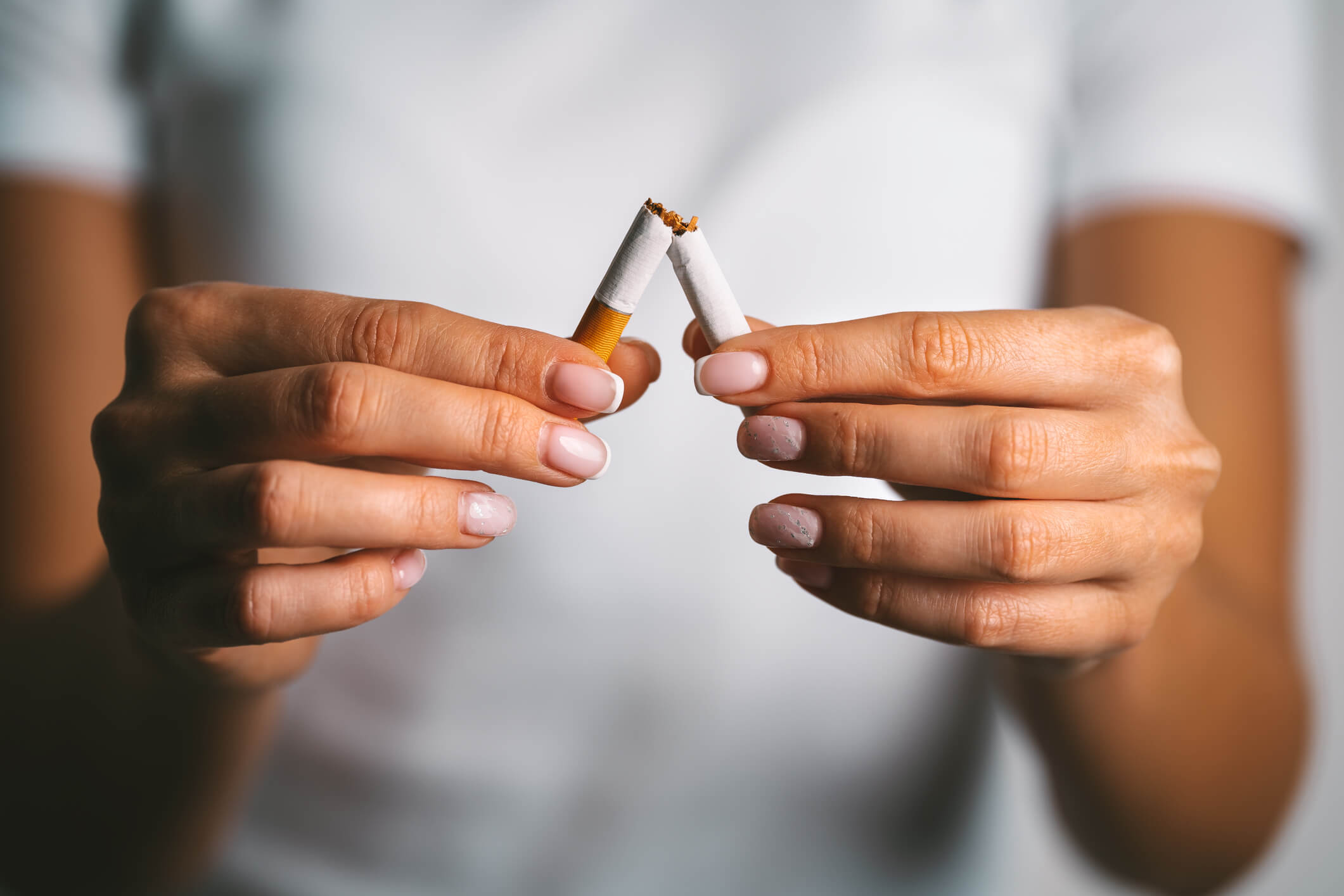7 Erectile Dysfunction Tips for You And Your Partner
Key takeaways
- If you or your partner is experiencing erectile dysfunction (ED), it's important to communicate openly and supportively
- Improving your diet, exercising, and reducing stress are simple lifestyle changes you can make with your partner to support your sexual health
- Seeking professional help as a team, whether through medical treatment or therapy, can help address physical and emotional challenges of ED
Erectile dysfunction (ED) can be a tricky subject for couples. It often comes with feelings of embarrassment, frustration, or shame. Problems with sexual performance have been shown to cause mental health problems like low self-esteem. And over time, ED can start to affect not just confidence but also your connection with your partner.
But here’s the good news. You aren't alone (between 30 and 50 million men in the U.S. experience some form of ED), and there are many ways to manage and overcome it with your partner.
Whether you’re in a long-term relationship or dating, tackling ED together can actually lead to stronger intimacy and communication. While there is no “one-size-fits-all” treatment plan for ED, the tips below can be a starting point towards managing ED as a team.
Erectile dysfunction: an overview
Erectile dysfunction is a condition in which a man is unable to achieve and maintain an erection firm enough for sexual activity. In some cases, men who experience ED are unable to get an erection at all, while others are unable to get or maintain an erection firm enough for sex.
Erectile dysfunction can be caused by a wide range of underlying physical and mental conditions. It most commonly affects men over the age of 40 and becomes more common the older a man gets. However, around 25% of men under the age of 40 also deal with ED. Aside from aging, other health conditions that may cause ED include:
- Poor vascular health (heart disease, high blood pressure, and high cholesterol)
- Mental health conditions (anxiety, depression, performance anxiety)
- Substance abuse
- Diabetes
- Obesity
- Multiple sclerosis (MS)
- Peyronie's disease (scar tissue inside the penis)
- Spinal cord injuries
- Medications (like some blood pressure medication and antidepressants)
What you (and your partner) can do about ED
While it might feel awkward to talk about at first, addressing ED as a team can ease anxiety, improve communication, and strengthen your connection. Below are practical steps you can take to manage and treat ED, along with partner tips to help support each other every step of the way.
1. Talk to a health care provider
If you’re dealing with frequent episodes of ED, get in touch with your primary care provider. They can help you figure out whether or not your ED is being caused by a medical condition that requires treatment.
Inform your provider about any medications or supplements you are taking, as certain products have been shown to contribute to ED. Even if no underlying cause is determined, a health care provider can provide you with ED treatment options to help improve your sexual performance.
Partner tip: Talk openly with your partner before and after the appointment. Staying calm, supportive, and communicative can help your partner feel more comfortable and less alone.
2. Exercise
Moderate to vigorous exercise can help increase blood flow and lower cholesterol. Blocked blood vessels and poor cardiovascular health are some of the most common causes of ED.
Because of this, physical activity is one of the most effective and commonly prescribed ED treatments offered by doctors. Adopting a regular exercise routine can help treat ED and improve mental health at the same time.
Partner tip: Make it a shared habit! Go on walks together, hit the gym, or try a new fitness class as a couple. Mutual support can make it easier to stick with.
3. Eat a healthy diet
Diets that are high in cholesterol, fat and processed foods can restrict your body’s ability to get the blood pumping to the penis when it’s time for you to perform.
Instead, try to implement more fruits, vegetables, lean proteins (like skinless chicken breast or fish) and whole grains. Not sure what to put in your grocery cart? The Mediterranean diet is a great starting point and has been shown to improve and prevent ED symptoms.
Partner tip: Cook and plan meals together! Making healthy food choices can feel less like a chore and more like a shared goal when you shop and cook new recipes as a team.
4. Cut down on alcohol consumption
It’s not an urban myth: drinking alcohol can seriously impair your sexual performance. That's because alcohol depresses the nervous system. In other words, alcohol keeps your brain from telling your penis to fill with blood when it’s sexually stimulated. Studies have also found that regular alcohol consumption can lead to low testosterone, which is a common cause of ED.
If you're noticing a connection between alcohol and ED, it may be worth exploring sober curiosity. Sober curiosity is a growing movement that encourages people to examine their relationship with alcohol. It doesn't mean stopping drinking altogether, but it does encourage you to be mindful of how alcohol affects your body, mood and relationships.
Partner tip: Talk openly with your partner about drinking habits and how they might be impacting intimacy. Consider cutting back together or supporting each other’s choices can strengthen your connection. Try alcohol-free date nights, experiment with mocktails, or simply check in with each other about how you feel.
5. Stop smoking
If you smoke, quit. Smoking causes blood vessels to narrow, limiting blood flow to different parts of your body. This can seriously affect your ability to get and maintain an erection. Nicotine addiction can also lead to psychological side effects, further complicating your ability to respond to sexual stimulation.
Quitting smoking is a major lifestyle change that can positively impact your sexual health, your heart health and your mental health. If you'd like help with quitting, consider booking an online doctor's appointment to stop smoking. A provider can offer advice and prescribe medication to help you quit smoking if appropriate.
Partner tip: If you’re quitting, let your partner be part of the process. Research shows that having support can boost your chances of successfully quitting.
6. Talk to a mental health professional
Erectile dysfunction can be caused by stress, anxiety or depression. Speaking to a licensed counselor or therapist can help you address many of these concerns.
If sexual performance is putting a strain on your relationship, couples counseling may help. A couples counselor help you and your partner find solutions to help improve and manage your sex drive.
Partner tip: Consider talking to a professional together! Couples therapy can help you both address communication issues, manage sexual expectations, and rebuild intimacy.
7. Ask about ED medication
Prescription medication is usually not the first line of treatment for ED. However, your doctor may prescribe ED medication (known as PDE5 inhibitors) if your ED is persistent.
PDE5 inhibitors do not actually cause an erection. Instead, they work by increasing the effects of nitric oxide in the body. Nitric oxide widens blood vessels, resulting in better blood flow. This makes it easier for blood to flow to the penis when it's stimulated.
Common drugs used to treat ED include:
PDE5 inhibitors have been known to cause mild, short-term side effects such as headaches, congestion, muscle aches and indigestion. Because of this, it is recommended that you talk to your doctor before taking these medications.
Partner tip: If your partner is considering ED medication, ask if they'd like you to be part of the process. Offer to go to the doctor with them, or simply show interest and support. Knowing you're in it as a team can reduce pressure and help make treatment feel like a shared step forward.
How Sesame can help
Need to talk to a licensed clinician about ED treatment? Book an online ED consult on Sesame! Doctors on Sesame can diagnose and prescribe ED medication if appropriate. If prescribed, the medication can be sent to your pharmacy for same-day pickup.
Sesame also offers online therapy appointments for both individuals and couples. If ED is affecting your relationship or causing stress, talking with a therapist can help you and your partner work through it together.









